Cardiovascular Surgery
- Home
- Cardiovascular Surgery
Cardiovascular Surgery
Cardiac surgery involves operations on the heart and great vessels to treat conditions such as coronary artery disease, heart valve disorders, and congenital heart defects. In India, cardiac surgery has achieved significant milestones, with advanced techniques like minimally invasive cardiac Surgeries, heart device Implantation and heart transplantation becoming increasingly common. Indian institutions and surgeons have garnered international recognition for their expertise and innovations, making the country a hub for high-quality cardiac care. Medkins Healthcare helps you find superior cardiac surgery in India, directing you to leading specialists and hospitals for Cardiac Surgeries and offering continuous support during your treatment journey.
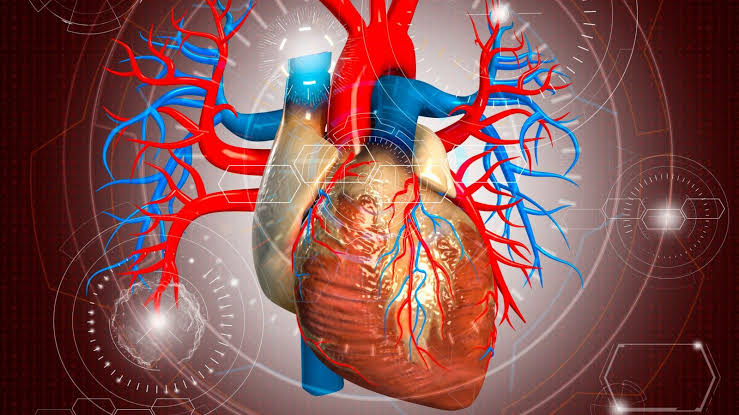
Diseases that can be Treated by Cardiovascular Surgery
Coronary Artery Disease (CAD) – A condition caused by the build-up of plaque in the coronary arteries, leading to reduced blood flow to the heart muscle. It can result in angina or heart attacks.
Aortic Aneurysm – An abnormal enlargement of the aorta, the large artery that carries blood from the heart to the rest of the body. It can occur in the thoracic (chest) or abdominal region.
Aortic Dissection – A serious condition where a tear occurs in the inner layer of the aorta’s wall, causing blood to flow between the layers of the artery wall, potentially leading to aortic rupture.
Valvular Heart Disease – Includes conditions such as aortic stenosis, mitral regurgitation, and mitral stenosis, where one or more heart valves do not function properly, affecting blood flow through the heart.
Congenital Heart Defects – Structural heart abnormalities present from birth, such as ventricular septal defect (VSD), atrial septal defect (ASD), and tetralogy of Fallot.
Peripheral Artery Disease (PAD) – A condition involving narrowing or blockage of the arteries in the legs, reducing blood flow and causing pain or numbness.
Endocarditis – An infection of the inner lining of the heart chambers and valves, often requiring surgical intervention if it causes severe damage or abscesses.
Cardiac Tumors – Tumors located within the heart, such as myxomas or sarcomas, that can disrupt normal heart function.
Heart Failure – A condition where the heart is unable to pump blood effectively, which may require surgical intervention to repair or replace damaged heart structures.
10. Rheumatic Heart Disease – Heart damage resulting from rheumatic fever, which can affect the heart valves and require surgical repair or replacement.
Conditions Treated by Cardiovascular Surgery
- Acute Coronary Syndrome (ACS): Including unstable angina and myocardial infarction, which may require surgical intervention if PCI (percutaneous coronary intervention) is not feasible.
- Cardiomyopathy: Diseases of the heart muscle that may require surgery to correct structural problems or replace the heart.
- Heart Valve Dysfunction: Severe cases requiring surgical repair or replacement of affected valves.
- Aortic Valve Disease: Conditions involving aortic stenosis or regurgitation that can be addressed through valve replacement or repair.
- Severe Peripheral Vascular Disease: Advanced PAD that may require surgical bypass procedures.
- Infective Endocarditis: When causing severe damage or abscesses, surgical removal of infected tissue or valve replacement might be needed.
Procedures performed in Cardiovascular Surgery
Coronary Artery Bypass Grafting (CABG) – A procedure that creates a new pathway around blocked coronary arteries using grafts from other blood vessels (e.g., saphenous vein or internal mammary artery) to improve blood flow to the heart.
Aortic Aneurysm Repair – Involves either open surgery or endovascular techniques to repair or replace an enlarged or dissected aorta. Open repair involves removing the aneurysm and replacing it with a graft, while endovascular repair uses a stent graft inserted through a catheter.
Aortic Valve Replacement (AVR) – A procedure to replace a damaged or diseased aortic valve with a prosthetic valve (mechanical or tissue) to restore normal blood flow from the heart.
Mitral Valve Repair or Replacement – Surgery to correct or replace a malfunctioning mitral valve. Repair techniques involve reconstructing the existing valve, while replacement involves inserting a new valve.
Septal Defect Repair – Surgical correction of congenital defects such as atrial septal defect (ASD) or ventricular septal defect (VSD) by closing the abnormal openings between heart chambers with a patch or other material.
Heart Transplantation – The surgical procedure of replacing a diseased heart with a healthy donor heart. It is considered for patients with end-stage heart failure who are not candidates for other treatments.
Cardiac Tumor Removal – Surgical removal of tumors from the heart, including benign tumors like myxomas or malignant tumors like sarcomas, to restore normal heart function.
Endarterectomy – A procedure to remove plaque from the inner lining of a carotid artery to reduce the risk of stroke and improve blood flow to the brain.
Peripheral Artery Bypass Surgery – A procedure to bypass blocked arteries in the legs using grafts to restore blood flow and relieve symptoms of peripheral artery disease.
Transcatheter Aortic Valve Replacement (TAVR) – A minimally invasive procedure where a new aortic valve is implanted via a catheter, often through the femoral artery or other access points, to treat aortic stenosis.
Surgical Correction of Congenital Heart Defects – Various procedures to correct heart defects present from birth, such as tetralogy of Fallot or coarctation of the aorta, depending on the specific defect.
Pericardial Window – A procedure to create a small opening in the pericardium (the heart’s outer lining) to drain fluid that has accumulated, often due to pericarditis or other conditions.
Mitral Valve Annuloplasty – A surgical procedure to repair a dilated or damaged mitral valve annulus (the ring-like structure supporting the valve) to restore proper valve function.
Arrhythmia Surgery – Includes procedures such as the maze procedure, which creates scar tissue in the heart to interrupt abnormal electrical pathways causing atrial fibrillation.
Our Focused Specialties
Multi-Specialty Care Hub
Discover India’s diverse multi-specialty health departments and treatments. We’re dedicated to ensuring a healthier tomorrow, navigating the dynamic realm of Indian healthcare. Our wide range of specialties includes top-notch hospitals, selected based on quality and healthcare facilities. Join us for a personalized journey to optimal health and wellness.
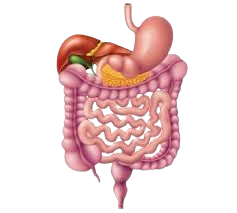
Gastro-intestine
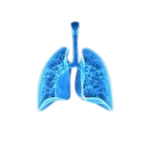
Pulmonology

Ophthalmology
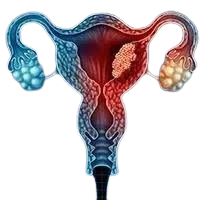
Gynaecology
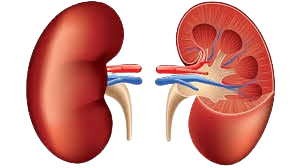
Nephrology
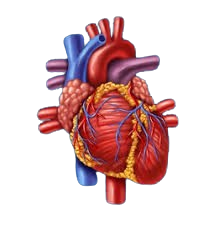
Cardiac
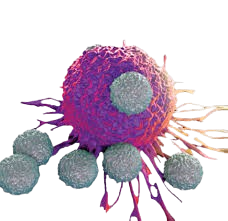
Hematology
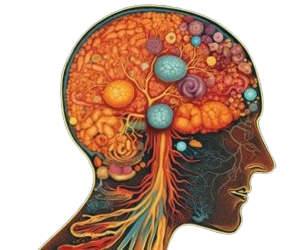
Neurology
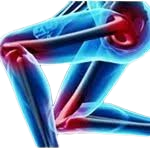
Bone & Joint
Looking for an expert !
Our Healthcare is home to some of the eminent doctors in the world

Dr Rajesh Sharma

Dr Sandeep Vaishya
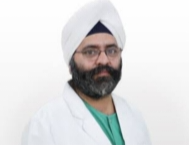
Dr Sandeep Vaishya
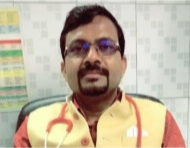
Dr Rajesh Sharma

Dr Rajesh Sharma
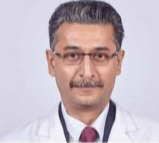
Dr Sandeep Vaishya
Easy Access Links
- International Patients
- We & Why
- Core Specialites
- Common Procedures
- Hospitals
- Doctors
- Treatment Locations
- Way To Healing
- Wise to ask before
- Comfort and Satisfaction
